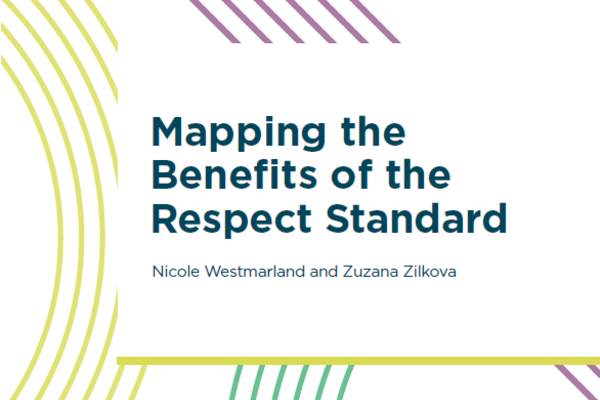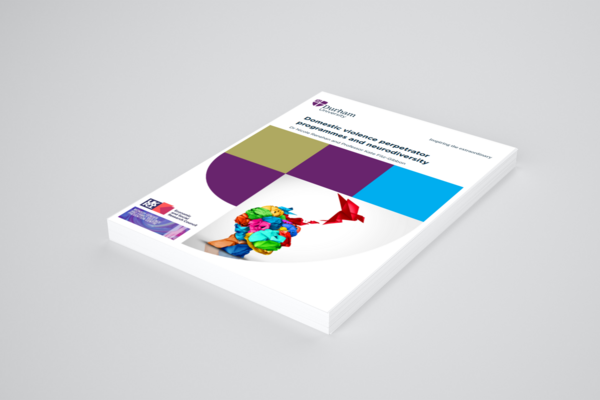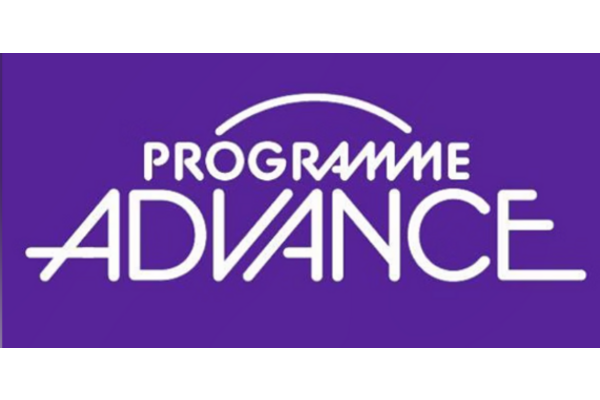Today marks the launch of a new report from Durham University’s Centre for Research into Violence and Abuse, Mapping the Benefits of the Respect Standard. The report draws on interviews with funders, commissioners and policy leads, and incorporates feedback from Respect accredited services to give a picture of the Standard’s impact and enduring influence.
The Standard, first launched in 2008, is a quality assurance framework for work with perpetrators of domestic abuse, and more recently (with the introduction of the Male Victims’ Standard) for work with male victims, too. The Standard is the foundation for Respect accreditation, a rigorous process that requires services to evidence that their work is safe, effective and survivor focused.
A number of themes emerged in the report, illustrating how commissioners and service providers felt the Standard has influenced and benefited them:
- Safety: Many commissioners talked about the Standard’s prioritisation of survivor safety and welfare, noting that this was a key element for them in informing decisions about funding for perpetrator services. Services also spoke about how the Standard ensured their work was safe and effective.
- Confidence: Commissioners and funders both felt confident commissioning services that hold Respect accreditation. They were aware of the dangers of commissioning poor quality services, and the Respect quality mark provided the reassurance they needed to fund organisations.
- Robustness: Commissioners and funders both spoke about the importance of Respect’s rigorous approach to accreditation. Accredited members agreed, with 100% saying that accreditation was important to demonstrate quality.
- Credibility: Funders and commissioners talked about Respect’s standing in the sector, and the value of having a strong and respected organisation to look to for guidance on quality assurance.
Since the report was commissioned, the Respect accreditation team has been working towards an updated version of the Standard, due to launch in 2022. This will address some of the opportunities for development identified in the report, including moving to a quicker single-stage assessment, providing additional support for organisations applying for accreditation and broadening the standard to assess online delivery methods. Additionally, the new Standard will feature a reworked Equality, Diversity and Inclusion section that puts emphasis on organisations evidencing their services are culturally responsive in a context of anti-racist practice.
Read the full report here.
If you are part of an organisation that would like to explore accreditation for work with perpetrators or male victims, please get in touch with Sector Support Lead, Alistair Sherlock.





